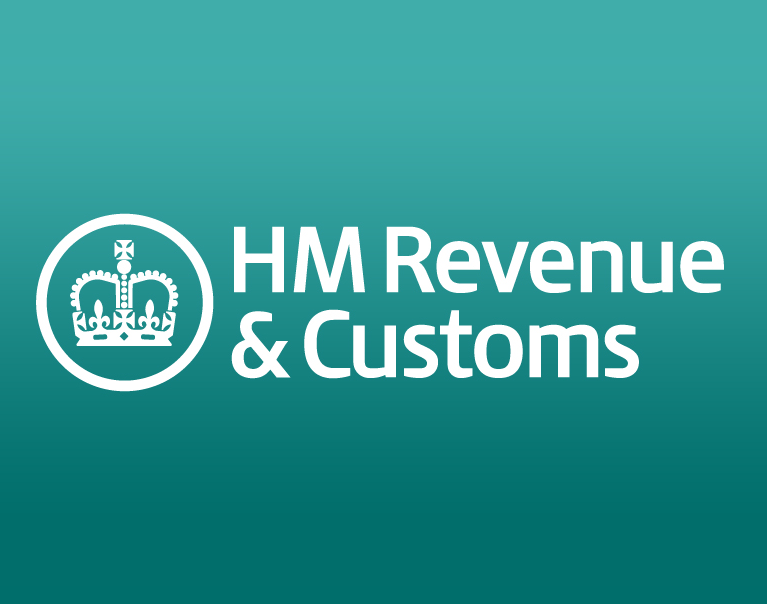
A guide to the Enterprise Investment Scheme

The Enterprise Investment Scheme (EIS) was introduced in 1994 to help foster entrepreneurialism and broaden access to finance by encouraging individuals to invest in small, higher risk trading companies, primarily through income and capital gains tax relief.
The following article highlights the main factors to consider when looking to invest in a UK company in accordance with the scheme:
Tax relief for investors
The total income tax liability of the investor is reduced by 20% of the sums invested, provided that the shares are held for at least three years. So, for example, if in 2008/09 James invests £300,000 in subscribing for new ordinary shares in a qualifying company, James’s income tax liability for 2008/09 is reduced by £60,000 (20% of £300,000). It is possible to obtain relief by adjusting the PAYE coding of a taxpayer who is employed and pays tax through the PAYE system.
If the shares are held for three years after the investment is made, any subsequent gain on them is not subject to capital gains tax. Also, the investor can claim deferral of capital gains (no limit) on any other assets, by reinvesting all or part of the gain into an EIS company within one year before, or three years after the gain occurred. The gain will become chargeable in the tax year when the subscription shares are sold.
Conditions relating to the investor
The subscription must be made for genuine commercial reasons and not for tax avoidance. The investor cannot hold a stake in the issuing company exceeding 30% of the issued share capital or 30% of the loan capital and issued share capital or 30% of the voting rights, wither personally or with associates. Although the investor may become a paid director of a qualifying company, EIS relief will not be available if he or she was previously connected with the qualifying company (as an employee or paid director) or was involved in carrying on the whole or any part of the trade to be carried on by the qualifying company or any of its subsidiaries.
Conditions relating to the investee company
Gross asset test
The value of the investee company’s gross assets must not exceed £7 million immediately before the shares are issued and £8 million immediately afterwards.
Investee must be unquoted
The investee company has to be unquoted when the shares are issued with no arrangements to become quoted. A company admitted to AIM will not be regarded as quoted for these purposes.
Qualifying trade
The company must exist wholly for the purpose of carrying on a qualifying trade. Most trades are qualifying trades provided that they are conducted on a commercial basis with a view to making profits and the trade does not include a substantial amount of excluded activities. These excluded activities include dealing in land, shares or commodities, property development, farming, the operation of hotels or nursing homes, financial activities and leasing. The policy behind the excluded activities is that companies carrying on these activities are typically asset-backed and, as such, have assets which could be used as security to raise finance. Although there is no statutory definition of “substantial”, HMRC will regard non-qualifying/excluded activities as substantial if they account for more than 20% of the total activities of the issuing company or, as the case may be, the group. There are a number of measures that may be regarded as appropriate in measuring activities, although comparing income/turnover is most common.
Independence requirement
The investee company must not be a 51% subsidiary of another company or under the control of another company at any time from the date of the share issue to the three year anniversary of it.
Purpose of share issue
The shares must be issued in order to raise money for the purpose of a qualifying trade and issued for genuine commercial reasons and not for tax avoidance purposes.
Use of money raised
All the money raised by the share issue must be employed in a qualifying trade within two years.
UK activities requirement
The EIS rules require that at all times in the period commencing with the issue of shares and ending three years later, more than 50% of the qualifying trade must be carried on in the UK. HMRC indicate that relevant factors in determining this will be where the capital assets of the trade are held, where any purchasing, processing, manufacturing and selling is done and where the employees are located.
Number of employees
The investee company must have fewer than 50 full time employees at the time of the first qualifying share issue only.
£2 million investment limit
The investee company cannot raise more than £2 million in total over a 12 month period under the EIS.
Applying for EIS clearance and formal approval
Usually, to ensure the EIS relief will be available, the investee company will seek advance assurance from the HMRC Small Company Enterprise Centre, providing it with all relevant information. The obtaining of advance assurance should allow the transaction to go ahead with some certainty that EIS reliefs will be available to investors.
Application for formal approval will need to be made, although it can’t be made until after the issue of shares or our months after the investee company has started to trade or the research and development for which the funds were raised has been carried on.
Withdrawal or reduction of EIS relief
A qualifying company is subject to ongoing review by HMRC until, broadly, three years after the EIS shares are issued. EIS relief for investors may be withdrawn or reduced in circumstances including where the EIS investor disposes of his shares within three years, if the EIS investor grants a call option which binds the investor to sell any of the relevant shares, a person grants the EIS investor a put option which, if exercised, would bind the grantor to purchase any of the relevant shares or the EIS investor receives value from the investee company (including the repayment of a loan made to the company).
